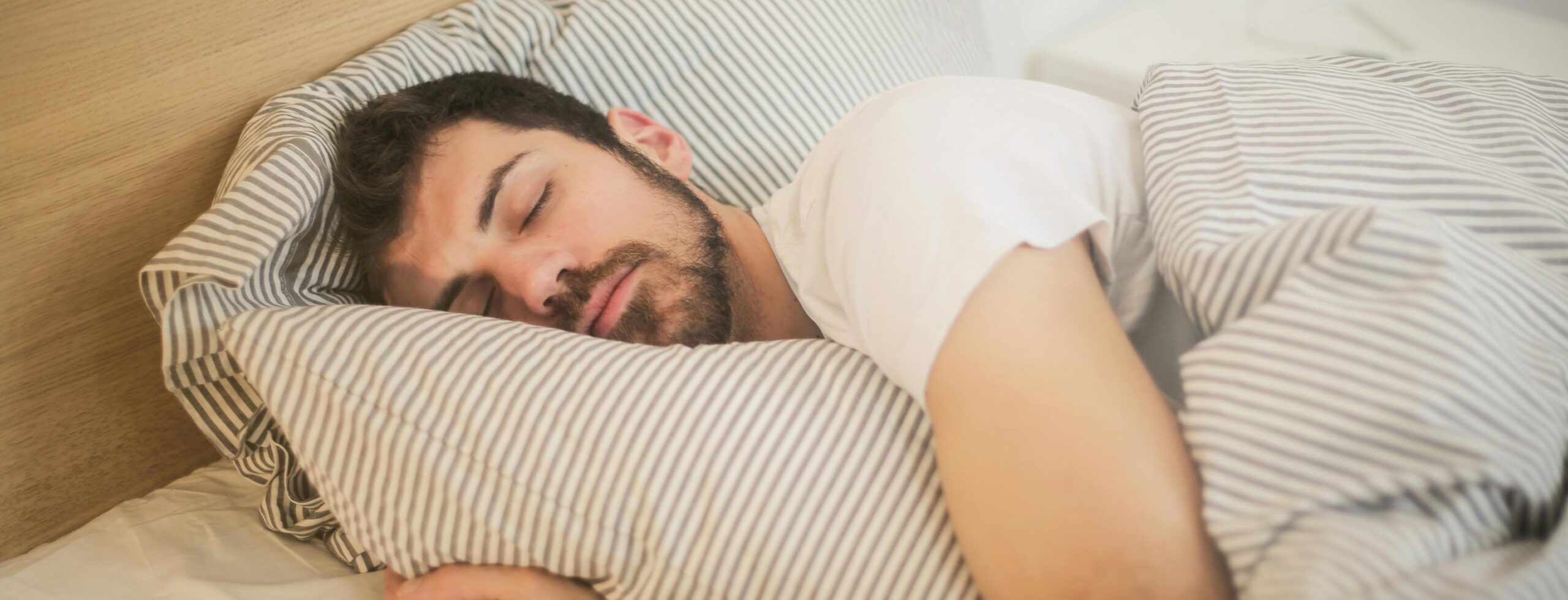How to get a good night’s sleep
Sleeping well is a huge part of feeling well, but getting enough zzzzzs isn’t always easy. If counting sheep isn’t doing the trick, there are some simple things you can try to make falling asleep – and staying asleep – more achievable.
This can help if:
- you’re often unable to sleep
- the strategies you normally use to get to sleep aren’t working
- you want to establish a good sleeping routine.
Getting into a good sleeping routine
Research shows that adolescents and young adults need at least seven to nine hours of sleep a night. A good sleeping routine will help you get the hours you need on a regular basis.
Let’s start with the basics:
- Stick to a routine of setting your alarm for the same time each morning and going to bed at the same time each night.
- Lay off the alcohol, cigarettes and caffeine before bed, as they can make it harder to get to sleep or may disrupt your sleep.
- Keep calm, but yes, you need to turn off your television, mobile phone and laptop or tablet at least 30 minutes before bed. The light from these devices can trick your brain into thinking it’s still daytime.
- Practise relaxation and meditation techniques to help you switch off your mind in the evenings. Smiling Mind is a free, modern meditation program with exercises that can help you reduce stress and relax.
- Try not to nap during the day.
- Exercise first thing in the morning, outdoors. Sunlight can help reset your body clock.
Still struggling?
Still tossing and turning in your bed at night? There are some other things you can try.
Your environment
- Create a sleep playlist with soft, gentle music to slow your heart rate and help you unwind.
- Check the room temp – is it too cold or too hot? Open a window, get an extra blankie, or change the air-con setting so that the environment is comfortable.
- Keep light and noise to a minimum. Wear an eye-mask, or just put a T-shirt over your eyes, to block excess light. If outside noise is disturbing you, wear ear-plugs or grab some headphones and play gentle music.
Your body
- Drink warm milk or chamomile tea to calm your body.
- Try some progressive muscle relaxation techniques.
- Practise deep breathing. Inhale deeply through your nose for seven seconds. Hold for four. Then exhale slowly through your mouth for eight seconds. Repeat.
Your brain
- If you’re stuck in a half-awake, half-asleep state, get comfy, close your eyes and try to stay awake instead of falling asleep. This disruption can trick your brain into resetting itself.
- Escape into your imagination. Give yourself an imaginary task, such as building your dream house or exploring a new city, and walk yourself through it in your mind.
If nothing’s working
Give yourself a break. Turn on a dim light and read (from a book, no electronics!), do some light stretching, or walk around the house for a few minutes. Breaking the frustrating loop of not sleeping can help you reset and feel drowsy.
If you’ve tried some of these suggestions and you still aren’t sleeping well, talk to your GP, a counsellor, psychologist or sleep specialist about other options.
What can I do now?
- First things first – cut back on the coffee, tea and energy drinks.
- Talk to your GP if none of these tips are helping.
Content has been created by ReachOut. To view more information about ReachOut click here.




